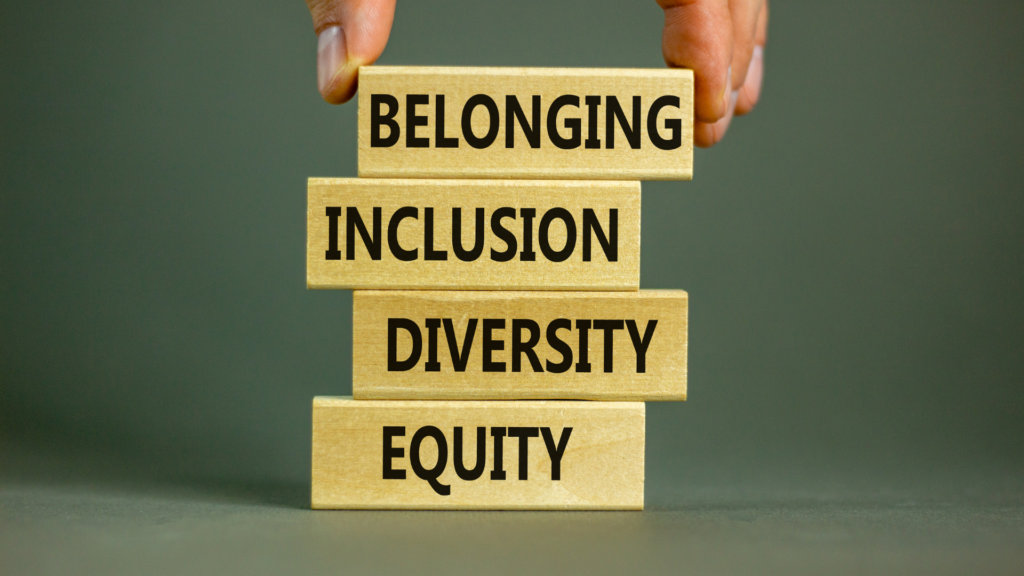Mental health is a complex issue that can affect people from all walks of life, regardless of their social or political status. Historically, some world leaders have been open about their struggles with mental health issues, while others may have faced challenges privately. It is essential to remember that mental health problems should not be stigmatized, and seeking help and support is crucial for everyone, including those in positions of power and responsibility.
Yet, for too long, the topic of mental health has been covered in silence, stigma, and misunderstanding, even among those who hold immense power and responsibility.
In another compelling episode of Catherine’s Corner, with Justin Alan Hayes, the visionary founder of Voices for Voices, a remarkable nonprofit charity organization committed to promoting accessibility, inclusion, and mental health awareness, Catherine and Justin have brought us into the realm of mental health, delving into the untold stories of world leaders who have grappled with these challenges.
Justin talked about the purpose why he founded Voices for Voices, and it is to give people a platform to share their story. In this way, it may open doors toward inclusivity.
The episode also highlighted the urgent need for greater inclusivity and accessibility in mental health care. World leaders, like all individuals, deserve access to comprehensive mental health support, free from any barriers that may hinder their journey towards healing and well-being.
Now is the time for action! As we wrap up this thought-provoking episode of Catherine’s Corner, I urge each and every one of you to join the movement for mental health awareness, accessibility, and inclusion.
Here’s how you can make a difference:
Educate Yourself:
Take the initiative to educate yourself and others about mental health. Break down the stigma by sharing accurate information and dispelling myths. Understanding mental health is the first step towards fostering empathy and support.
Support Mental Health Initiatives:
Consider supporting organizations like Voices for Voices that are dedicated to advocating for mental health awareness and inclusivity. Whether through volunteering, donations, or spreading the word, your support can make a significant impact.
Start Conversations:
Initiate open and compassionate conversations about mental health in your community, workplace, or social circles. Encourage others to share their experiences and feelings without judgment, fostering a supportive environment.
Advocate for Inclusivity:
Encourage policymakers and leaders to prioritize mental health on the global agenda. Advocate for mental health care that is accessible and affordable to all, including world leaders who may face unique challenges.
Be Kind and Compassionate:
Small acts of kindness and empathy can make a world of difference to someone struggling with mental health challenges. Be mindful of your words and actions, and offer a listening ear to those in need.
Prioritize Your Own Mental Health:
Remember that taking care of your mental well-being is crucial. Practice self-care, seek help when needed, and reach out to friends, family, or professionals if you find yourself struggling.
Challenge Stigma:
Challenge stigmatizing language and attitudes surrounding mental health. Be an ally for those facing mental health challenges and help create an environment of acceptance and understanding.
Share Your Story:
If you have faced mental health challenges, consider sharing your story to inspire others and demonstrate that seeking help is a sign of strength, not weakness.
Thus, join us for a transformative training on DIVERSITY, EQUITY, INCLUSION, AND BELONGING (DEIB) 101! This is an incredible opportunity to expand your knowledge, challenge your perspectives, and become an agent of positive change.



